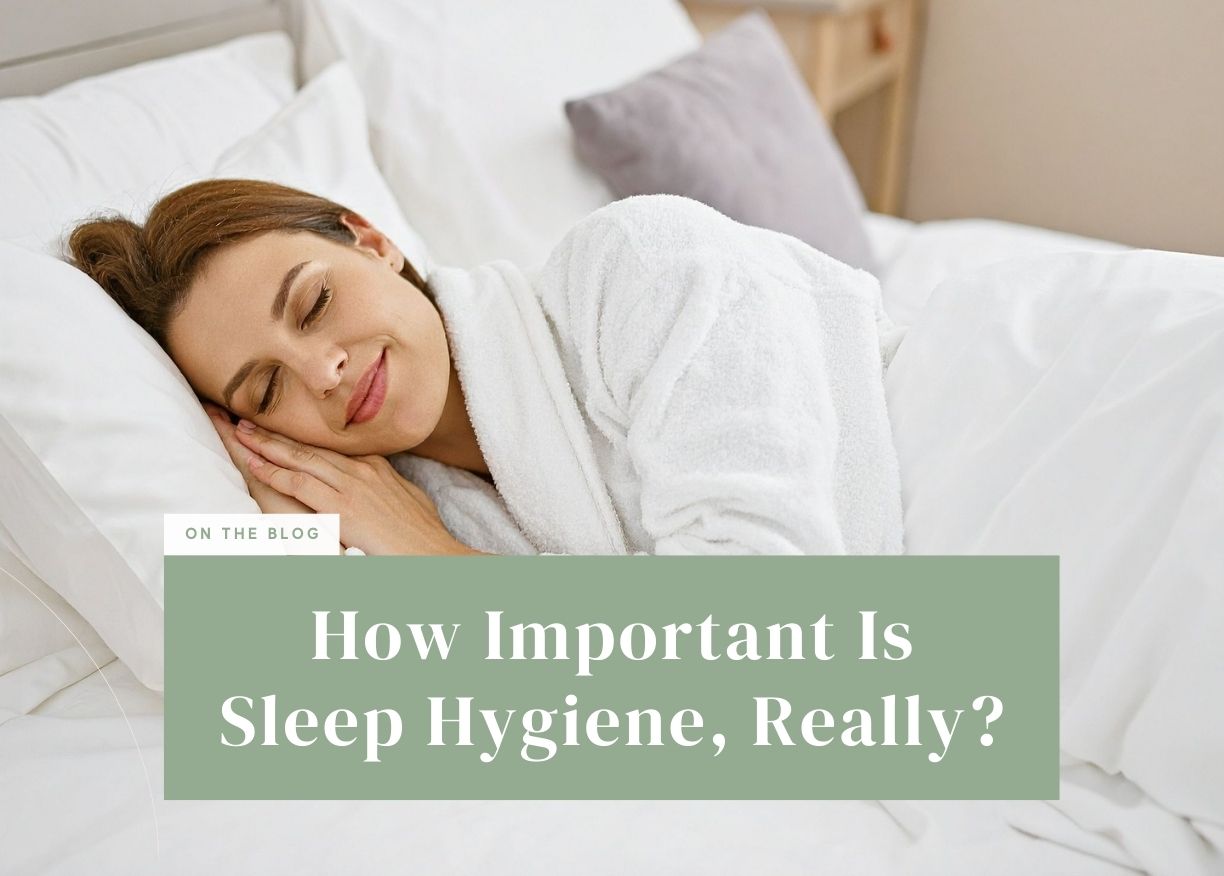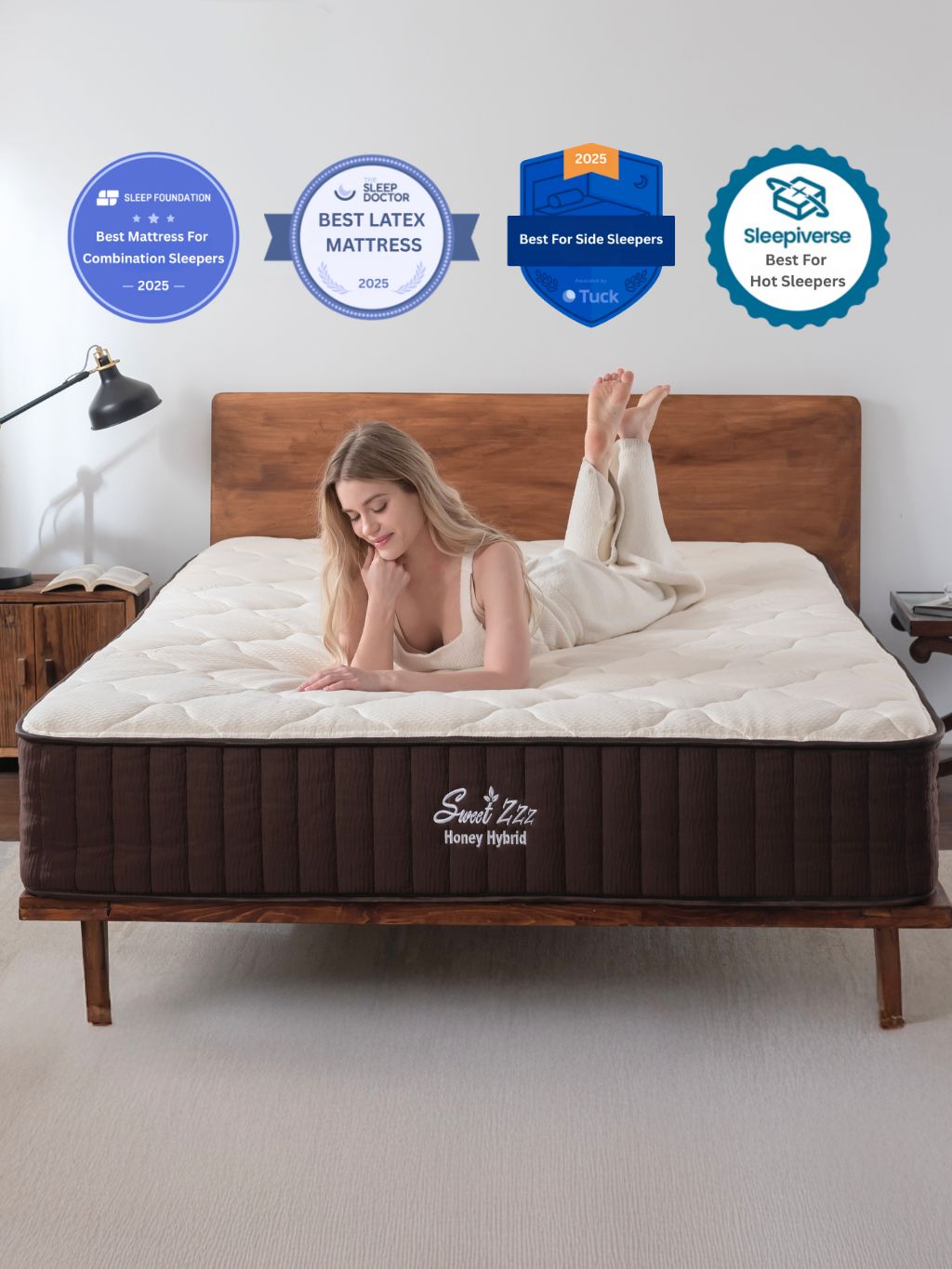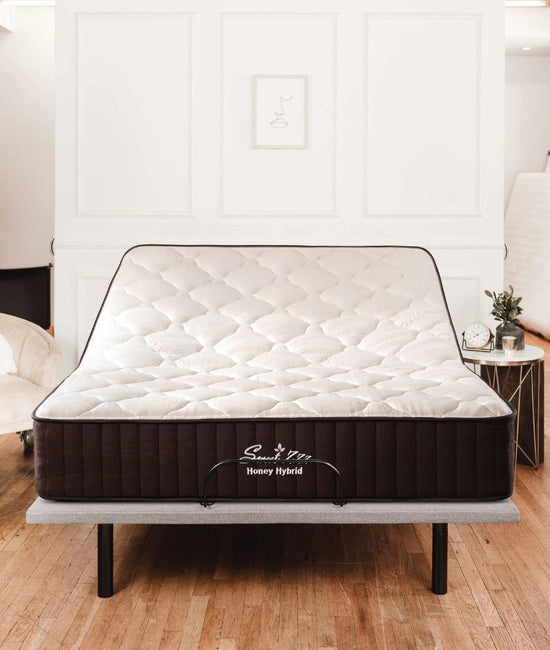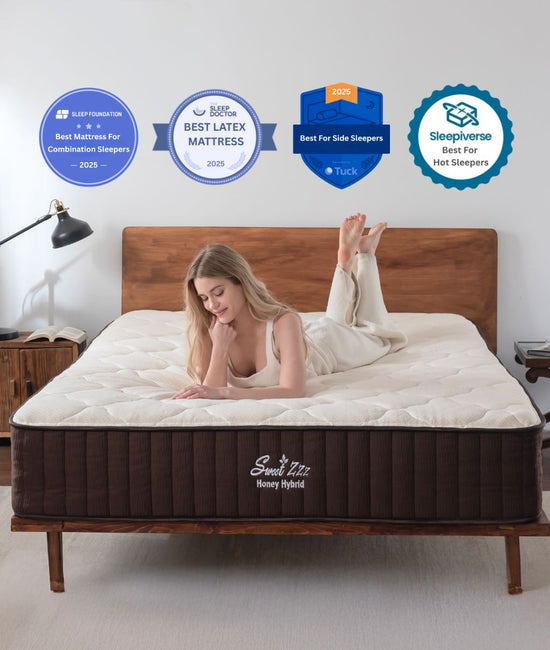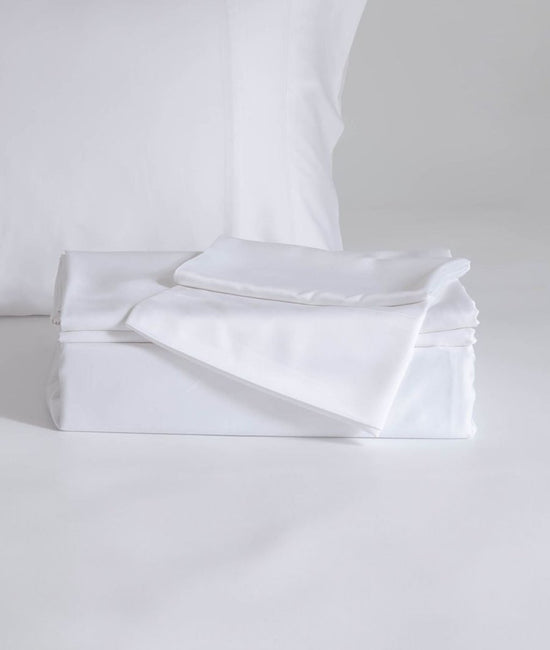How Important Is Sleep Hygiene, Really?
You’ve heard the phrase before—sleep hygiene.
It sounds clinical, almost like brushing your teeth or washing your hands. But it isn’t about soap or germs. It’s about the small, daily habits that shape how easily you fall asleep—and how deeply you stay there.
So how important is it, really?
Short answer: more than most people think.
What Sleep Hygiene Actually Means
Sleep hygiene is the set of routines and environmental cues that tell your brain: it’s time to rest.
Think of it as the “bedtime language” your body understands.
Good sleep hygiene includes:
-
A consistent bedtime and wake-up schedule

-
Keeping your bedroom dark, quiet, and cool

-
Limiting caffeine, alcohol, and heavy meals close to bedtime

-
Putting screens away at least an hour before sleep

-
Having a calming wind-down ritual—reading, journaling, or stretching

Why It Matters So Much
Poor sleep hygiene often shows up as:
-
Trouble falling asleep
-
Waking up often through the night
-
Feeling unrefreshed even after 7–8 hours in bed
Good hygiene doesn’t guarantee perfect sleep, but it creates the conditions that make quality rest possible. It’s the foundation everything else builds on.
Where Your Sleep Environment Fits In
Even the best routine won’t work if your bedroom fights against you. That’s why part of sleep hygiene is making your environment as supportive as your habits:
🌿 Honey Hybrid Organic Mattress: Keeps your spine aligned and reduces pressure points, so physical discomfort doesn’t sabotage sleep.
🌿 Bamboo Sheets: Breathable and cooling, they help regulate body temperature—one of the biggest factors in sleep interruptions.
🌿 Adjustable Base: Lets you customize your position for comfort, ease reflux, reduce snoring, and make your nightly routine feel effortless.
These aren’t luxuries—they’re the tools that make healthy sleep hygiene possible.
Final Thoughts
So how important is sleep hygiene?
It’s not just important—it’s essential. Without it, your body never gets the clear signal to shut down and recharge. With it, you’re not fighting your environment or your habits—you’re flowing with them.
Think of sleep hygiene less as a checklist and more as a ritual: the daily act of setting yourself up for the kind of rest your body craves.


